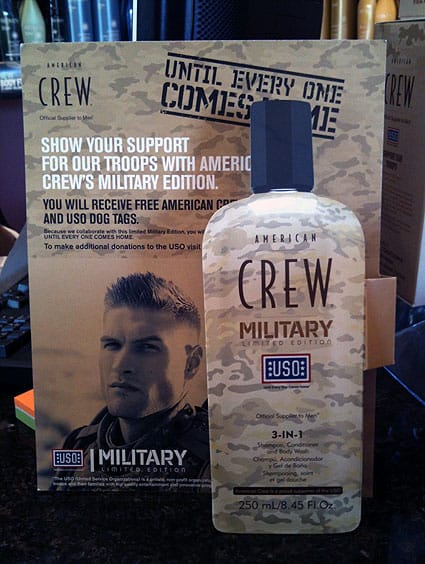Joe’s War Story: Clean Break

Joe Moran is a product research scientist at Cogito Corporation in Boston, a startup using AI to decode emotion from voice.
Working as an applied cognitive scientist, I was in the field at Fort Bragg, NC, embedded with an airborne military unit. Our group was tasked with learning about typical soldier maneuvers and the surrounding culture. A few of us (along with a couple of ex-Army handlers) had been invited to watch a “movement-to-contact” drill. This is where a single squad marches to an agreed-upon point, followed by a simulated firefight. I thought this was to be a straightforward observation; it turned out to be a learning experience punctuated by hubris, initiation, and a broken bone.
I had failed to realise what “movement-to-contact” really meant. Assuming we would be safe behind glass surveying a sanitised battlefield, I was wearing a thin jacket, jeans, and decidedly flimsy sneakers. We arrived at the agreed upon start point, and I quickly realised that we were in for a full-on march through woods with no trails (and since it was winter, the ground was muddy and slippery). Nevertheless, I was in reasonably good shape, and confident that I could keep up. After all, how hard it could be to walk and observe at the same time?
I strode off to follow the soldiers. The squad realised we were in tow, and decided to set a pretty quick pace to show us where we belonged; while the officers had brought us in, the rank and file didn’t seem to have much need for us. No matter, we were not weighed down by heavy gear, and we could keep up, even if it meant breaking into a jog every now and then. As we marched along, I managed to get some great photographs of the soldiers in action. After a while, we came upon a small ravine, eight feet wide, with the side nearest us having two ledges that each descended about four feet. The soldiers marched right across, and we soon followed. I stepped down off the first ledge, directly into soft ground and slid down on my butt those four feet. I got right up, and dusted myself off, wiping my hands on my jacket. I looked down and saw my left little finger pointed about 20 degrees off to the left. It was clearly dislocated, and I was clearly past “observation.”
At this point, every fibre in my British being was telling me to keep calm and carry on, ‘tis just a flesh wound. I covered the offending appendage in a coat sleeve and thrust out my other hand for a lift up and out of the ravine. I continued on the march, but soon it was clear this situation was untenable. Either I could continue protecting my darkening finger from catching against anything unruly and risk breaking it, or I could call for help, bring the whole exercise to a crashing halt, and end up branded as the scientist who ruined the researchers’ privileges during our very first observation.
I decided to flag down one of our handlers, who had been a medic. He gave me the classic “Look away, this is going to hurt me more than it does you!”, snapped it back into place, taped it up, and I continued with the observation. I was able to observe the rest of the movement-to-contact, and learned a lot about how this group works.
But this was only day one of a planned five-day trip! If I went to the Army medic, I risked being sent home and unable to complete the research. When I showed the unit commander my injury, he winced, laughed, and gave a broad smile welcoming me to the unit. By seeking treatment in a way that did not impact the mission, I gained the trust of the commander, and our group was invited back for many subsequent observations, leading to lots of fruitful observations about all aspects of the unit’s work.
I got an X-ray when I got home and unfortunately my finger was worse than merely dislocated: there was a clean break through the proximal phalange. Next time I showed up to Bragg, my finger was in a cast after surgery, and the soldiers got a good laugh at the return of “that guy”. From this experience I learned to (a) prepare for the unexpected, (b) not be be headstrong and charge in when I’m not prepared, and (c) improvise quickly when thing do not go to plan!




